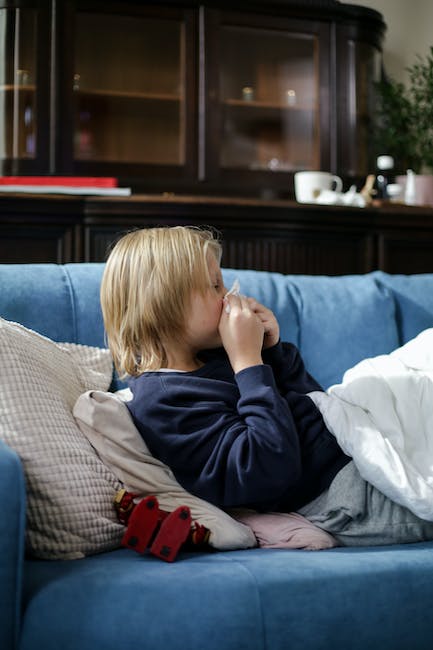
Contents
What measures can be taken to prevent Giardia infection and reduce one’s risk of exposure?
What is Giardia?
Giardia, or Giardia lamblia, is a microscopic parasite that can cause an intestinal illness known as giardiasis. The parasite lives in the intestines of infected humans and animals, and can contaminate water, soil, and food. Giardiasis is one of the most common gastrointestinal illnesses in the United States and affects more than 2 million people each year.
Giardia Symptoms
The most common symptoms of giardiasis include watery, foul-smelling diarrhea, abdominal cramps, nausea, and occasional vomiting. Some people may also experience weight loss, bloating, and fatigue. Symptoms typically start to appear between one and three weeks after infection and can last up to a month or longer if not treated.
Giardia Causes
Giardiasis is caused by an infection with the Giardia parasite. It is spread by ingesting contaminated food or water, or through contact with an infected person or animal. People who are exposed to contaminated water, such as by swimming in a lake or creek, are especially at risk. Giardia can also survive in standing water or in food that is not cooked or stored properly.
Giardia Prevention and Treatment
The best way to prevent giardiasis is by practicing good hygiene, avoiding unsafe water sources, and cooking and storing food properly. Essential Giardia prevention techniques include washing hands with soap and warm water, not swallowing water when swimming or playing in water areas, showering after swimming, and avoiding contact with infected animals.
If you are experiencing symptoms of giardiasis, it is important to seek medical attention. Giardiasis can usually be treated with antibiotics, such as metronidazole or tinidazole. Once treatment begins, symptoms will usually begin to improve within a few days. Good Giardia health can be maintained by following the prevention techniques listed above.
